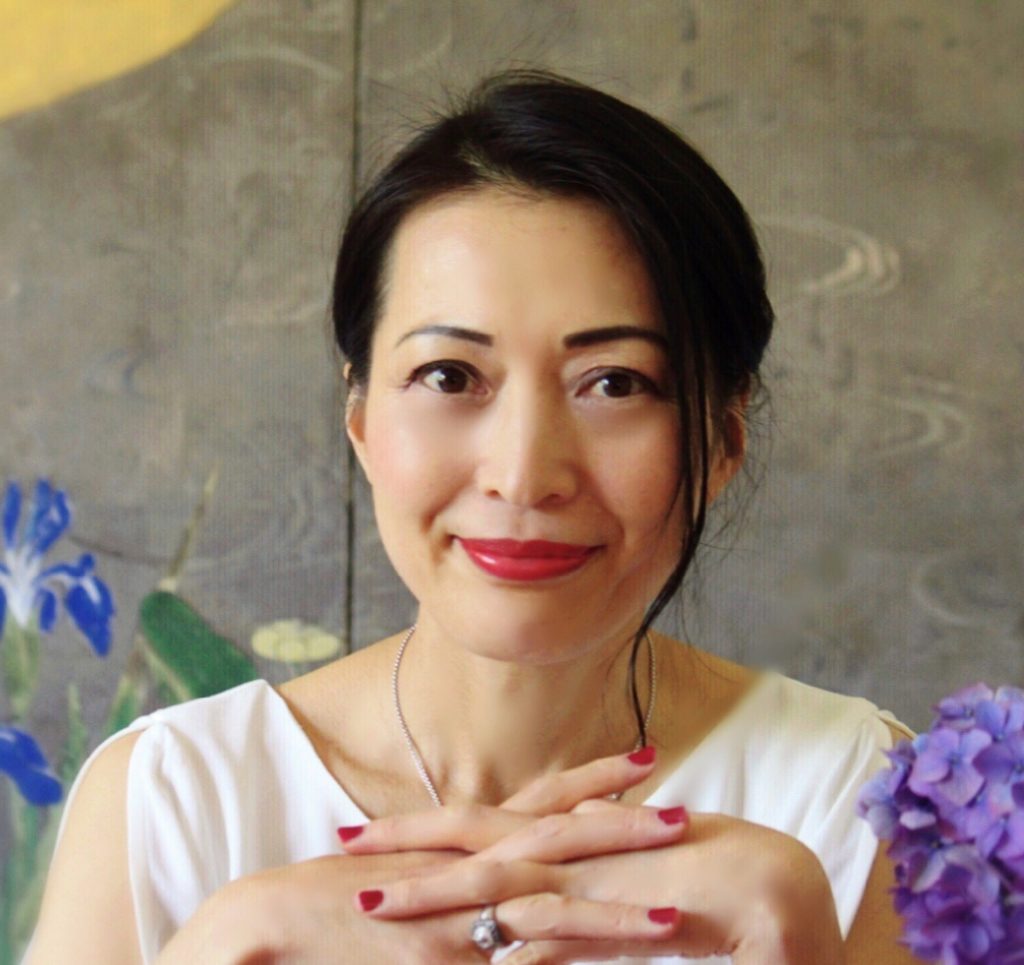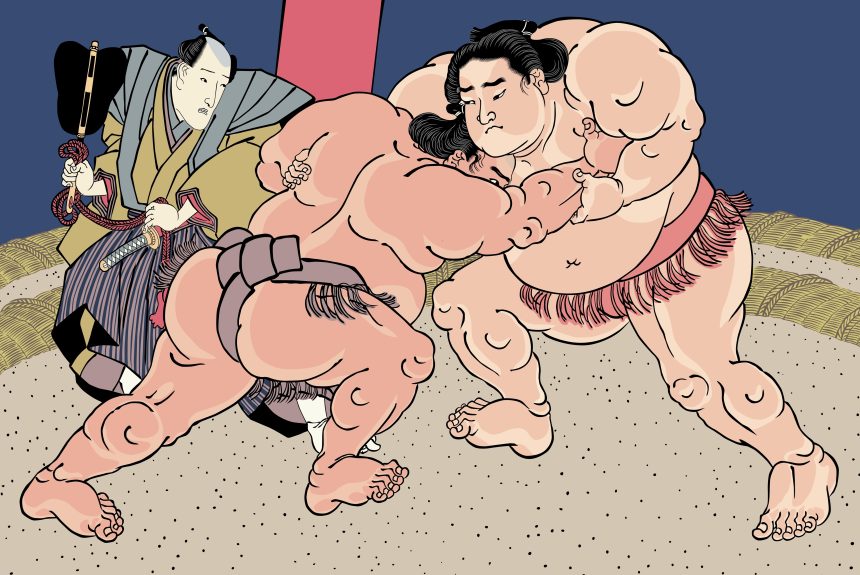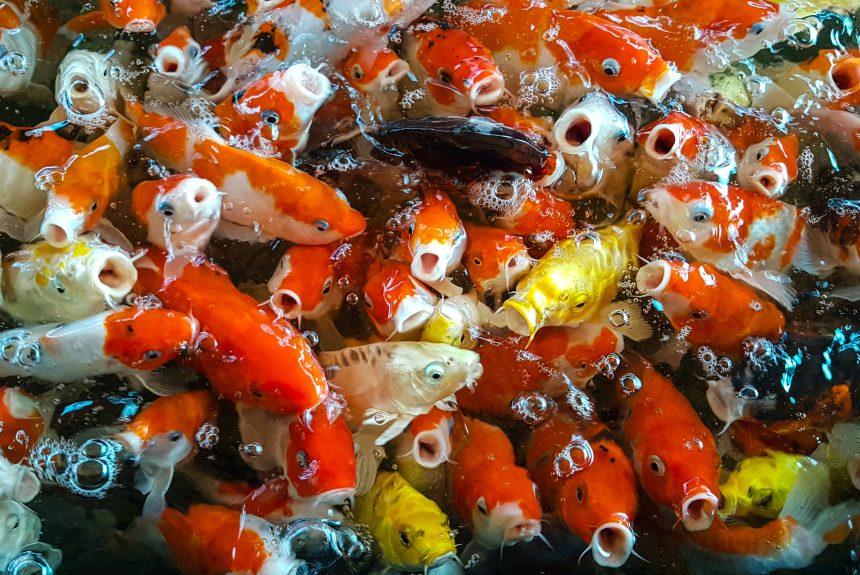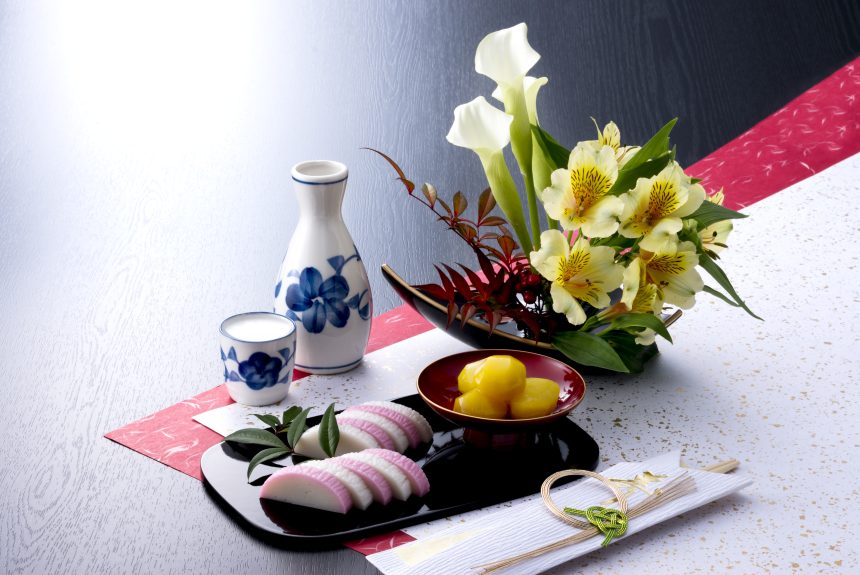This is a series of workshops designed by Azumi Uchitani to explore Japanese culture through the art of calligraphy and language. We will meet bi-weekly, slowly moving from season to season and uncovering new characters, rituals, concepts and beliefs deeply rooted in Japanese lifestyle. Each event we will centre around a new symbol: we will learn its meaning, discuss a poem about it, meditate and experience the power of the concept through calligraphy practice.
Laughter: 笑
The concept of laughter 笑 (warau) in Japanese culture extends beyond the physical laughter or smiling. It embodies a complexities of human emotions, social interactions, cultural norms in Japanese society. Okashii” 可笑しい in Japanese means “funny,” “unusual,” “abnormal,” or “intriguing.” This term is rooted in one of the ancient aesthetic concepts used in literature and poetry. In Japanese culture, “okashii” means more than just humour; it reflects a sense of peculiarity or uniqueness that captivates attention. This aesthetic appreciation of the unconventional is deeply ingrained in Japanese literature and art, where authors and artists often explore themes of eccentricity and curiosity.
Sorry, this event has ended.
To register for new events, please, check our Schedule.

GUIDE – AZUMI UCHITANI
Azumi Uchitani is an Intercultural business consultant, keynote speaker, writer, artist and founder of Japanese SALON art & culture, based in the Netherlands. She is a two-times TEDx speaker, appearing Dutch TV and media and delivering talks to an international audience in Europe and in the US. Azumi is on a mission to build an essential bridge between Japan and Europe, helping global leaders discover Japanese ancient wisdom beyond culture, teaching how to apply its wisdom in everyday life, act with inner peace and create conscious leadership and fulfilling life. Azumi decodes the complexity of Japanese culture, tradition, philosophy, spirituality and unspoken rules into a simple essence of wisdom. She was born into a traditional spiritual Japanese family and raised with the teachings of Shingon Buddhism and Shinto. The spiritual and cultural practices, such as tea ceremony, flower arrangement, calligraphy have always been a part of her life, besides that, her grandmother was a kimono maker. Her insights, a series of talks are available on her YouTube channel ‘5 minutes on Japanese Wisdom’ on YouTube.
http://www.azumiuchitani.com





Leave a Reply